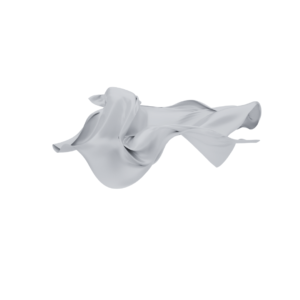Description
A Master of Science (M.Sc.) in Cinematics is a graduate program focused on the art and science of filmmaking, covering various aspects of film production, cinematography, and visual storytelling. This program typically integrates theoretical knowledge and practical skills to prepare students for diverse roles in the film and media industries.
Curriculum Overview
The curriculum for an M.Sc. in Cinematics generally includes a combination of core courses, hands-on workshops, and collaborative projects. While the specific offerings may vary by institution, the following components are often included:
Core Components
Film Theory and History:
Exploration of cinematic theory, film movements, and historical contexts, analyzing how these elements influence modern filmmaking.
Cinematography:
Techniques in camera operation, lighting, and framing, focusing on how to create effective and visually compelling shots for storytelling.
Film Production:
Hands-on training in all stages of the production process, including pre-production planning, shooting, and post-production editing.
Screenwriting:
Instruction on writing for the screen, including narrative structure, character development, and dialogue crafting, often complemented by workshops.
Editing and Post-Production:
Skills in editing footage using software (e.g., Adobe Premiere Pro, Final Cut Pro), including sound design and color correction to create a cohesive final film.
Directing Actors:
Techniques for directing performances, focusing on actor-audience relationships, performance styles, and managing on-set dynamics.
Production Design and Art Direction:
Understanding the visual aspects of filmmaking, including set design, props, and costumes, emphasizing how these elements contribute to storytelling.
Documentary Filmmaking:
Exploration of documentary forms and techniques, including research, interviewing, and ethical considerations in non-fiction storytelling.
Visual Effects (VFX):
Introduction to VFX techniques, exploring how to create and integrate digital effects into live-action footage.
Capstone Project or Thesis:
A final project that allows students to apply their skills in a comprehensive manner, often resulting in the production of a short film or a significant research paper on a topic in cinema.
Career Opportunities
Graduates of an M.Sc. in Cinematics can pursue various careers in the film, television, and broader media industries, including:
Director: Overseeing the creative aspects of film projects, guiding the artistic vision and managing the production process.
Cinematographer: Responsible for the visual aspects of a film, including camera work, lighting design, and shot composition.
Film Editor: Editing raw footage to create a coherent finished product, focusing on pacing, rhythm, and narrative flow.
Screenwriter: Writing scripts for films, television shows, or web series, focusing on narrative structure and character development.
Sound Designer: Creating and managing the audio aspects of a film, including dialogue, sound effects, and music.
Production Manager: Overseeing the logistical aspects of film production, including budgeting, scheduling, and crew management.
Visual Effects Artist: Creating and integrating visual effects into films, working closely with both the director and cinematographer.
Documentary Filmmaker: Producing and directing documentaries that tell compelling stories through factual narratives.
Further Education
After completing an M.Sc. in Cinematics, graduates may consider pursuing certifications in specialized areas such as cinematography, VFX, or digital media production. Some may also explore doctoral studies focused on film studies, media theory, or related interdisciplinary fields.
If you have any questions about the Master of Science in Cinematics program, potential career paths, or related topics, feel free to ask!









